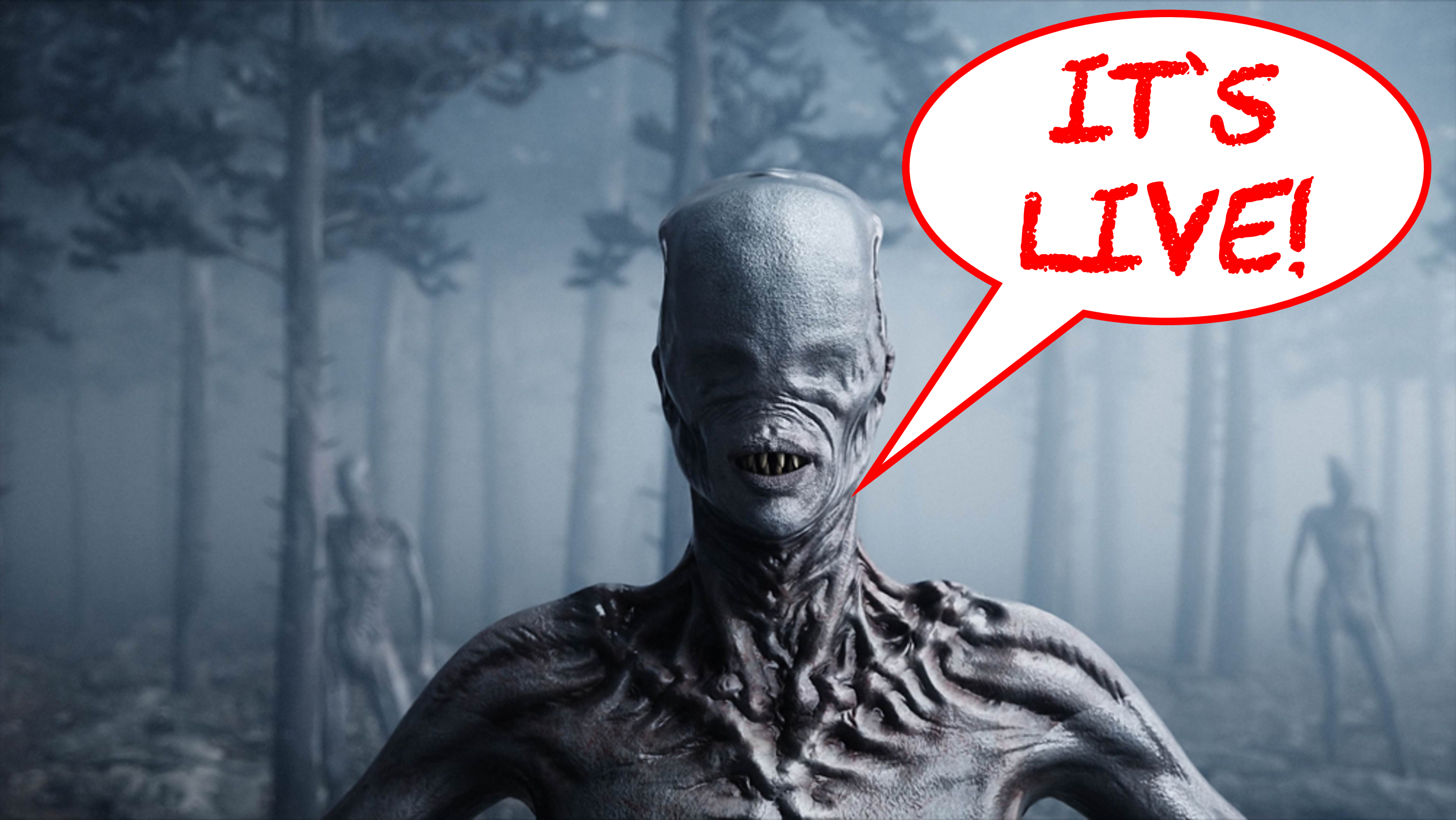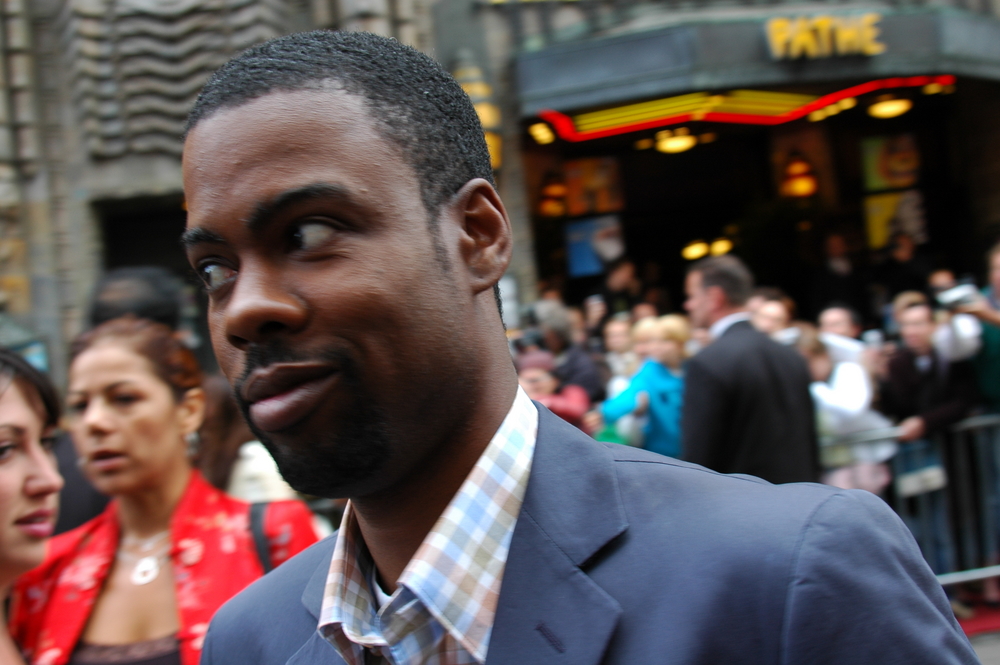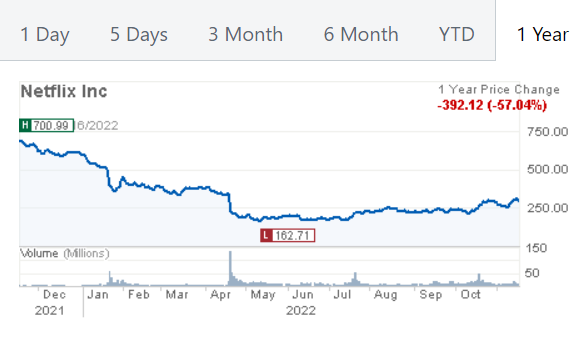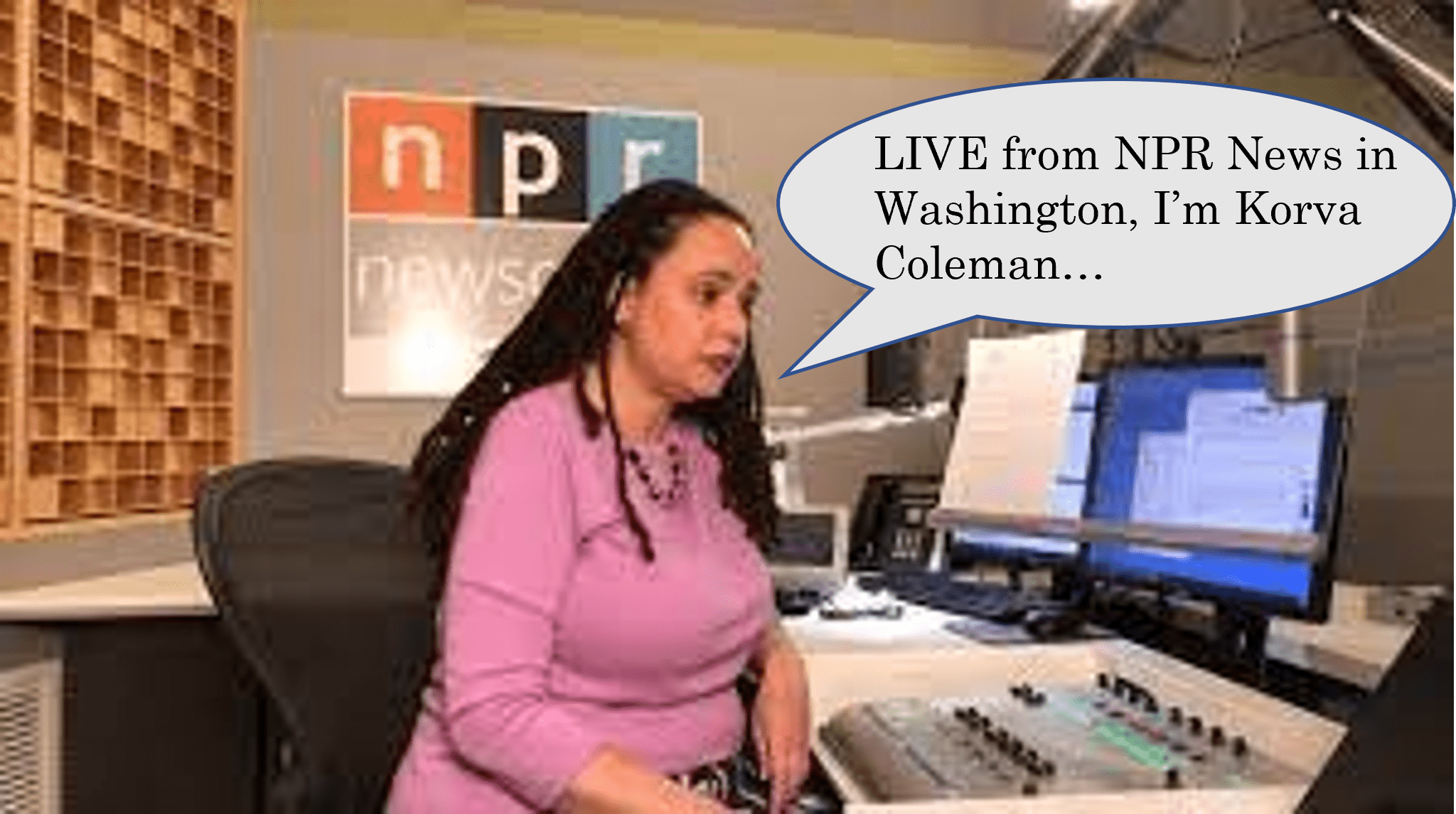
“Heeere’s Johnny!”
“Bazinga!”
“D’oh!”
“Marcia, Marcia, Marcia!”
“Live from New York, it’s Saturday Night!”
Yup, they’re all unforgettable catch phrases from iconic TV shows. But it’s that last one that has always stood apart. From its beginning way back in 1975, “Saturday Night Live” has stood apart from most other television shows.
It’s LIVE!
And over that years, that quality has produced some amazingly good and very weird television. From Sineed O’Connor insulting the Pope to Kanye West doing a pro-Trump rave, there have been incredibly controversial segments that somehow weren’t part of any rehearsals.
But hey – it’s live television. Anything can happen. And that’s part of the reason why we watch.
Aside from sports and award shows, there’s not a whole lot of live television left. All the late night shows are taped. After all, you wouldn’t want anything inappropriate to make its way onto the airwaves.
Most of what we watch is taped, prerecorded, canned. That’s how it’s on-demand. We can watch shows anytime we like because they aren’t live. Isn’t that the secret to Netflix’s (and its competitors’) success? We love the convenience of scrolling through the carousel of content, picking and choosing what we want to watch, even checking out its audience ratings to be sure we’ll like it.
But even Netflix realizes there’s a limit to how much archived content we can watch. Outside of their vast variety of shows and movies (not the least bit dissimilar to Hulu Disney+, and HBO Max), what can they offer we can’t get anywhere else?
Live TV.
According to Forbes writer Marisa Dellatto, none other than Chris Rock will live stream a comedy special in early 2023. For Netflix, this may be a first, but SVODs like AppleTV+ and Amazon Prime Video have “aired” live programs, mostly sports.
A live comedy show from a talent like Rock – who has lots to say about lots of things – is an interesting experiment for a company that’s been around longer than you think.
lots of things – is an interesting experiment for a company that’s been around longer than you think.
It’s easy to forget Netflix is 25 years old, founded in 1997. They got their start competing directly with Blockbuster, mailing DVDs in those memorable red envelopes.
All these years later, Netflix may be known as the innovator in its space, but it is paying the price – lots of competition from all the major players, virtually all of whom not only stream content but produce it.
As Netflix’s VP of stand-up and comedy, Robbie Praw, said in a statement, “Chris Rock is one of the most iconic and important comedic voices of our generation. We’re thrilled the entire world will be able to experience a live Chris Rock comedy event and be a part of Netflix history. This will be an unforgettable moment and we’re so honored that Chris is carrying this torch.”
And a half torch it has become. Once a Wall Street darling, Netflix has hit a tough road in 2022. Now that COVID has faded, they’ve rolled out a lower price tier with commercials.
But that hasn’t been enough to get its stock price out of the doldrums. In the past year, it’s down about 57%, closing yesterday at just $295 a share.

So why not try Chris Rock’s star power that will make this a worthwhile experiment, underscoring the value of live content.
What will he say? Will he go after Will Smith? Will he talk about Kanye (or Ye)? How about Elon Musk? And in pure “SNL” fashion, will he tell his producers one thing, and then take the stage and do something else?
We’ll have to watch.
And that’s the point. Live TV – and yes, live radio – for that matter, has become something of a lost medium within a medium. At a time when we may be watching television producers leaning into live, most radio stations are heading in the other direction, voicetracking as much content as possible.
But does it matter? As many of you will no doubt remind me, it can be nearly impossible to tell a well-executed prerecorded show from its live equivalent.
But how voicetracked shows are actually as good as live? How many voicetrackers are taking the time to put effort and thought into their shifts and shows.

When Jarl Mohn ran NPR, he instituted a policy for the network’s top-of-the-hour newscasts (one of the best and most listened to pieces of content they produce). Each and every one of these newscasts starts this way:
“Live from NPR News in Washington…”
There was actually a fair amount of initial pushback to this seemingly simple but effective idea. Why not lean into a live newscast in an on-demand world?
There’s value in the moment, whether it’s the news, your morning show, a talk program, your Radiothon for your local Children’s Miracle Network Hospital, or any other piece of content you cook up.

It’s why KISW has made their “Live Day” extravaganza an annual event that now takes place in front of an audience. After all, what’s old is new again.
Every strength has its weakness. Podcasts are a great example of being accessible on-demand whenever you choose to listen. But they are dated the moment they drop.
Is appointment listening (or viewing) a dinosaur from another era? Or will today’s audience – always looking for something new – lean into content that’s in real time, in the moment?
Would live video streaming a special holiday edition of your morning show create a “must see/hear” experience for your listeners as we head into the new year? Are there “live” moments your station can embrace that create events rather than be just another day on the radio?
Netflix is about to find out whether any of this matters or whether we’d just as soon as mindlessly scroll through their carousel of content, in search of something interesting to watch.
Can Chris Rock open the door for more live programming content? And will the results translate to radio?
Stay tuned.
- I Read The (Local) News Today, Oh Boy! - April 15, 2025
- Radio, Now What? - April 14, 2025
- The Hazards Of Duke - April 11, 2025




Regarding NPR being “LIVE” with their newscasts, I had to laugh the earlier this week while listening to said broadcast. The announcer began his newscast and about a second later, a second LIVE FROM NPR newscast started rolling. This went on for about 5 seconds before someone in Master Control caught it and stopped the unintended broadcast. Oops.
Also, does any NPR listener care where their newscast originates from? Not sure mentioning Culver City adds any cachet to their product.
I’m with you on KISW. While it’s not something they could pull off every day, their “live” day creates an air of anticipation and lots of on-air fun.
The first is an unforced error. Ouch.
I agree the origin of the newscast doesn’t mean much, especially Culver City. Washington, D.C., however, conveys an important sense of place and many listeners know NPR is headquartered there.
And yes, KISW has done an amazing job with “Live Day,” and I’m sure for many listeners, it’s an event they look forward to. Thanks, Dave.
Fred, This is an excellent article and it certainly applies to radio!
In day of instant posts on social media, radio’s long time advantage of immediacy is more important than ever. While there is a financial advantage in voice tracking, the ability to go live is more important than ever in instances such as natural disasters or tragedies such as school shootings when it’s important to get out factual information fast to concerned parents and communities.
I could go a long time on this topic, but will leave it at live and local advantages deserve more serious consideration in radio!
Dave Maurer
Amen. Mohn’s was a savvy move. When the listener perceives the content as “live” his unconscious concern about latency (“How stale is this information?”) is eliminated and the broadcaster has achieved a most valuable thing: credibility.
As they say, 100%.
You asked, “How many voicetracked shows are actually as good as live?’ I don’t know. I’m still waiting for it to happen.
David, I know some talented voicetrackers who put a lot into their shows. Overall, however, there are a lot of hurried radio people with (sadly) too much on their plates. Many are doing the best they can under less-than-great circumstances. All that said, IMO radio doesn’t sound as good as it could. Thanks, David.
This is one of your best columns ever! We need to live in here and now, not some pre-fab world. Thanks for the praise for Jarl — the leader NPR ever had. ken
Many thanks for the kind comment (and we agree about Jarl!).
We used to do this on a national scale ourselves. On my tape deck right now is the satellite presentation of Clapton on MTV Unplugged. I recorded the satellite feed and I have a track that was not released on the original album. I know some of the voicetracking stuff is economic, but we had a lot of these specials back in the day. Not sure when or why they ended.
Appreciate it, Mike.
I’m sitting here in San Diego watching “NewsON” -and the feed from WGRZ in Buffalo. It’s not live-but it will be during local newscasts-as we’re seeing what’s going on there during a reputation-setting snow event. The same goes for the horrendous supermarket shooting there from a few months back. I was “live” on the air playing oldies when we learned of the shooting-and it enabled us to immediately switch to local programming and reports. There’s a lot to be said for “live”, more to be said for “local” and the combination of the two is – priceless. Chris Rock doesn’t HAVE to be live on Netflix, but the NFL HAS to be live on Prime on Thursday. Each has its own special value to the viewer and the smart creators will find ways to make the most of that value. I join everyone else in praise of this post, Fred.
No doubt, Dave. It is all in how wisely LIVE is leveraged by content creators. And we are on the same page about LIVE plus LOCAL.